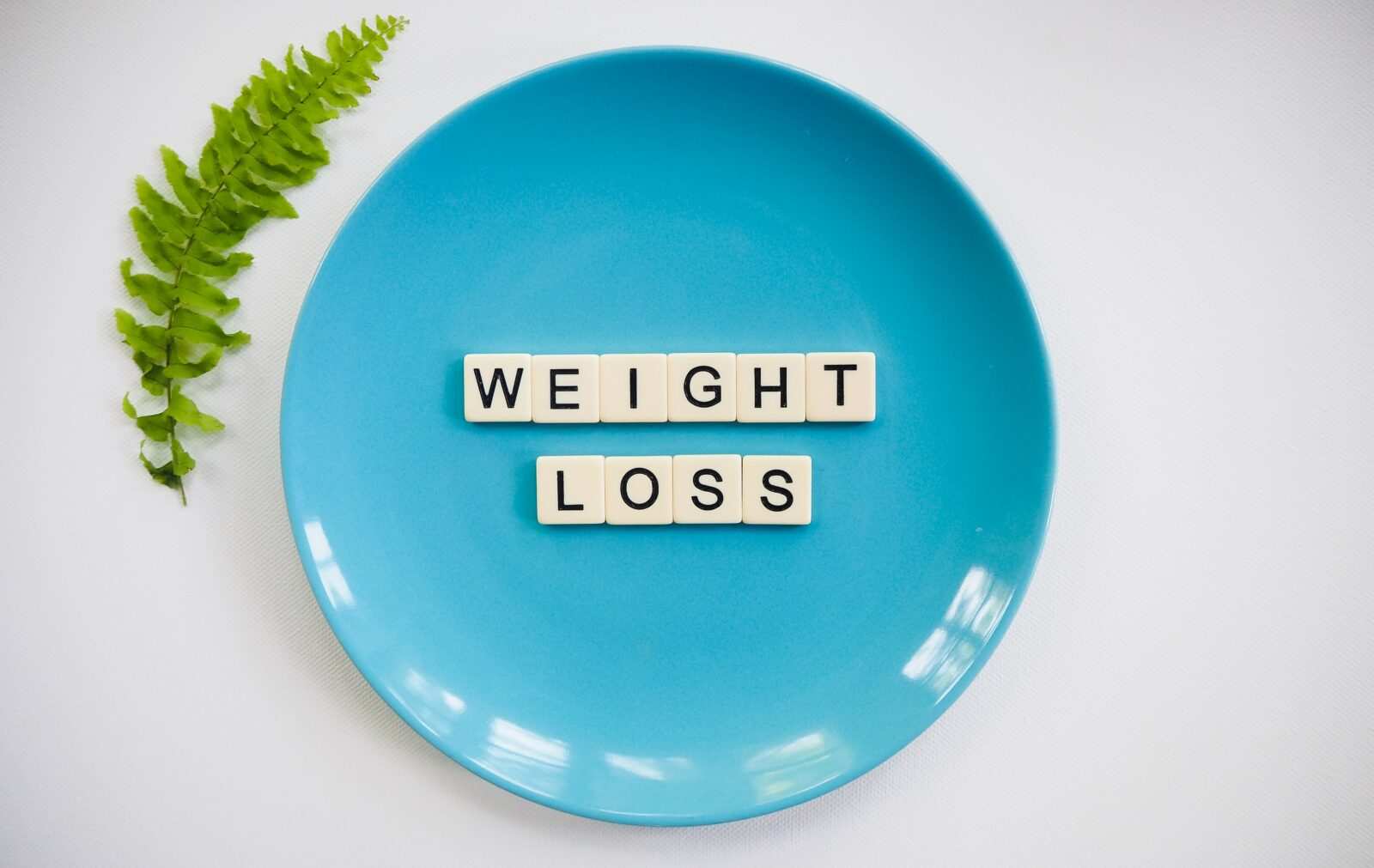Taking a holistic approach to intermittent fasting – Swati Dhingra Chawla

Fasting is an ancient practice where an individual avoids taking food and it’s been a part of religious practices by people all over the globe. A healthy lifestyle trumps fad diets any day if you wish to lose weight comprehensively. Our bodies were never designed to eat the amount of food we actually eat today. Overeating often leads to sickness, more so when the quality of food is steadily declining. Swati Dhingra Chawla, certified Alternate Medicine Practitioner, clinical dietician and founder of Nutrition Garage talks about the ins and outs of intermittent fasting, and why it is the most viable solution to your health and weight issues.

In recent times fasting has come to be recognised as a scientific method to lose weight and get healthy. Intermittent fasting or dry fasting has become quite the trend. Fasting leaves your mornings with free time to stretch, do yoga, meditate, and plan your day. The prerequisite however, is to get weight loss out of your minds. Aim for good health instead.
Every human body goes through an elimination phase and a building phase. Eating in the elimination phase does not help with weight, immunity or health, because that is when the body is detoxifying and repairing. Cells are receptive to nutrition—vitamins and minerals, if you eat in the building phase.
Intermittent diets have always existed because years and years ago, people ate their last meal as the sunset because after that there was hardly any light. The next meal was taken after sunrise. Our bodies automatically respect the elimination phase and move into fasting at night. A majority of us refrain from observing an intermittent fast because it doesn’t allow us to enjoy late night meals, parties or socializing. However, that’s a mental block. It’s necessary to understand that when our body undergoes an undisturbed elimination, every function in our body works perfectly.
Rest and Digest
If we constantly snack throughout the day, we don’t give our digestive systems a break. Our digestive system uses a lot of energy, the same energy that can be used for healing and repair. Diets like fruitarian (a fruits-only vegan diet) can be very dangerous. They may help you lose weight but deep-down millions and trillions of cells in your body are deprived of digestive enzymes, raw fiber, and trace minerals.
It’s best to explore what suits you best for the first three days of an intermittent fast. For diabetics, it is advisable to do under supervision to prevent hypoglycemia. People who are acidic, don’t give up. On day 1 you will feel a bit more acidic, on day 2, your acid levels will gradually start to settle down and by day 3, you will feel a lot better.
During the fasting period you can have plain water and nothing else, not even tea, coffee, green tea, or lemon water. Try to keep the water at room temperature or lukewarm. When you break your fast, start with some lemon water, followed by fruits, and dates which will kick off your building phase in half an hour. During your building phase, you eat what your body needs keeping your health goal in mind. Do not overeat or starve, else you will cripple your metabolism. Get your macros and micros, vitamins and minerals. Fasting is not starvation.
Don’t compare your fasting time with others.Treat your meal times as sacred times, just you and your food. This is important. The eating pattern is all about self-control. You are likely to feel hungry, tired and irritated in the beginning. This fasting pattern can lead to overeating and may increase cravings. Listen to our body and try to get at least 5 out of 7 days right in a week. Developing self-discipline around your fasting is everything
Benefits of Intermittent and dry fasting
- Your immune system is pumped up. A good quality sleep coupled with fasting is a solid dose for your immune system.
- Skin and hair develop a natural glow.
- Fat loss
- High energy levels
- Decrease in appetite and sugar (improved insulin sensitivity) and caffeine cravings
- Improved focus and concentration
- Improved HDL cholesterol levels
- Reduction in inflammation, pain, swellings
- Better muscle definition
- Testosterone boost
- Natural detox of cells and organs
- DNA repair
- Gut repair
- Better digestion
So, start making this lifestyle change right now and observe how your health change for good.Less is more. Everyone doesn’t have to fast. Do it if it suits you and don’t do it if it doesn’t suit you. Keep it simple but always remember, fasting is the magic drug to stimulate your body to heal, rejuvenate, repair, grow and look after you. Use it well. Don’t abuse it. Most importantly!!
Absolute Dry Fasting:
A hard dry fast pertains to total abstinence from water, where even brushing, bathing or washing your face isn’t allowed. In this state, the body is deprived of food or water and it starts to make use of everything available for generating energy at cellular level. It also leads to autophagy which is the body’s natural way of recycling old and worn out cells to produce energy. Besides these, new cells are generated and wards off bad ones, thereby only strong cells thrive.
- Fasting Windows: A good fasting window is anywhere between 14-18 hours. If you are extremely fit and healthy, even 12 hours of intermittent fast is enough. If your body is carrying more toxins, then the fasting window may last for 16-18 hours. If you are not hungry, do not eat because your body is still eliminating. We need to rule out the old myth that breakfast is the most important meal of the day.
Ad



